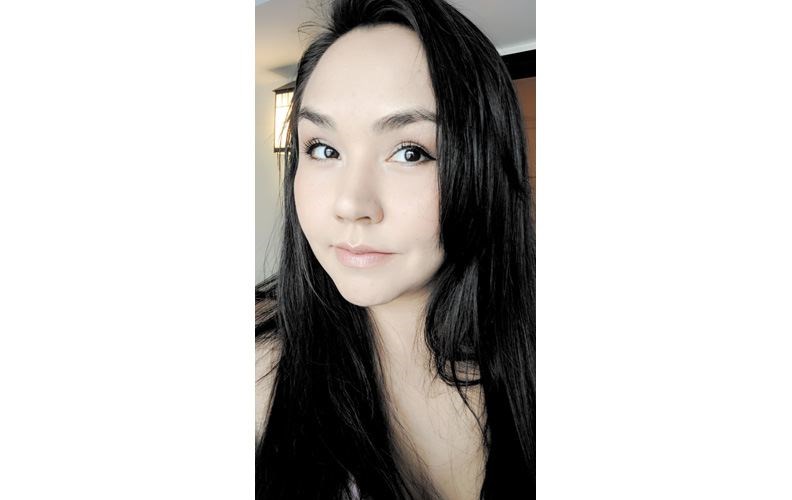At the age of 17, Niky Tevely decided she wanted to help heal the psychological trauma of First Nations people in Takla Lake, where she grew up.
Even at a young age, she had become aware of the inter-generational trauma caused by the legacy of residential schools and Canada's colonial history. Tevely, who also spent her teen years in Prince George, decided to enrol in the psychology program at UNBC. After leaving the program in her early 20s to move to Fort McMurray, Alta., she has once again found herself back at the university thanks, in part, to a new bursary program initiated by Northern Health and the First Nations Health Authority.
The program, known as the post-secondary student awards program, is a bursary program designed to reduce barriers for indigenous youth looking to study in health-related disciplines. The bursary program offers awards ranging from $500 to $2000 to students studying at northern post-secondary institutions, including UNBC, the College of New Caledonia, Northern Lights College and Northwest Community College.
Margo Greenwood, vice-president of indigenous health at Northern Health, said Tevely is one of 42 students who have received the post-secondary award. She said the two health authorities established the program in 2016 to help meet the demand for health professionals in B.C.'s north.
According to a report prepared in April, Northern Health currently has 486 postings for positions that have yet to be filled.
Greenwood said the program is offered to students in a broad range of health-related disciplines.
"It could be medicine, it could be nursing. But it also could be things like early childhood, human service workers, healthcare aides. All of those are all part of the health system when you're thinking of health in its broader sense."
Greenwood said applicants are judged based academic merit and financial need.
For Tevely, now 31, the bursary was a significant help. She, her husband and her four children were displaced from their homes by the Alberta wildfires in 2016.
The displacement brought them both back to B.C., but took an enormous financial toll on the young family.
"It put us at a disadvantage. There were times when we couldn't make rent and our landlord had to give us a few extra days," Tevely said.
The bursary program allowed Tevely to re-enrol at UNBC as a third-year student in the psychology program. Returning to student life involved significant juggling in order to manage both her finances and a busy schedule.
"It was definitely a financially hard time for us," she said.
"Three of my kids were in before- and after-school care so I could go to my courses and my classes. My daughter was in daycare full-time so that's a pretty big bill every month in itself. The financial awards I received were definitely helpful. They definitely helped tide me over month-to-month."
But Tevely's studies at UNBC have also rekindled her interest in language and cultural revitalization. She is quick to credit a number of her instructors for encouraging her, including psychology instructor Loraine Lavallee and First Nations Studies instructor Judy Thompson, who has been active in language revitalization efforts with the Tahltan Central Government.
Tevely has recently been accepted to a mentor-apprentice Sustudene language program set up by the First Peoples' Cultural Council. The program allows adults to learn their traditional language by pairing them with a native speaker and elder from their community. Apprentice students are required to spend close to 13 hours each week in an immersion setting, speaking only their traditional language.
Tevely's mentor for this program happens to be her mother, Irene French, a Hereditary Chief of the Takla Lake First Nation.
"The way I see it, our language and our culture brings strength. The more of our language and the more of our culture we know, the more healing that can be done," she said.
While her language studies begin in June, she will continue her fourth year studies at UNBC. Tevely is five credits away from completing her Bachelor of Science in Psychology, with a minor in First Nations Studies.
"This is kind of my own psychology research assignment. I want to bring language immersion programs to my community and I want to observe and collect data and see if the theory is true, whether these things actually bring about healing," she said.


